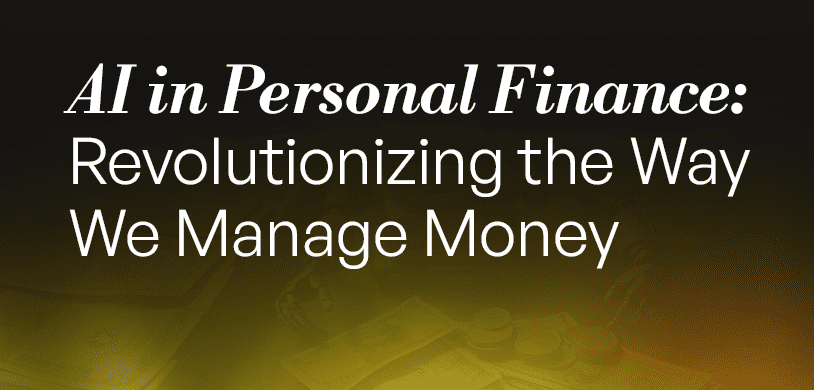Artificial intelligence used to be a far-off dream, but now it’s part of everyday life. From automated email filters to smart speakers, AI quietly shapes our routines. In personal finance, AI is taking center stage by helping people handle everything from simple budgets to detailed investment portfolios. So how does this technology reshape our money habits, and what should you watch out for?
Understanding AI in Everyday Finances
At its core, AI learns from data to make predictions or decisions. Applied to money, it can study your spending habits or market trends and give you insights you might miss on your own. For example, budgeting apps that automatically categorize your expenses rely on AI to detect patterns. Some can even predict when you’ll be tight on cash, helping you avoid overdraft fees.
Simplifying Budgeting
Many of us struggle to stick to a budget. We might forget small purchases or underestimate upcoming bills. AI-powered budgeting tools solve this by tracking your spending in real time. They can highlight patterns—like weekend spending spikes—and suggest ways to trim costs. These features don’t just save you time; they push you to make better decisions on the fly.
Intelligent Saving and Investing
Perhaps the most exciting AI-driven trend is robo-advisors. These are platforms that use algorithms to build and manage your investment portfolio. Without human advisors, robo-advisors can cost less and deliver consistent service. In addition, newer AI apps scan your recurring bills for possible savings—maybe finding a cheaper phone plan or identifying unused subscriptions. It’s like having a personal assistant dedicated to fine-tuning your finances.
Personalized Coaching
AI can also act as a digital money mentor. Some apps offer nudges when you’re close to overspending or when you have room to save a bit more. Over time, the system “learns” your habits and adapts its tips to fit your lifestyle. It might remind you to pay your credit card bill a few days early or encourage you to divert leftover funds from one category to another.
Potential Pitfalls
No AI tool is perfect. Algorithms depend on the data they’re given and can make misleading suggestions if that data is incomplete. A budgeting app that doesn’t account for irregular incomes, for instance, might steer freelance workers astray. There’s also the risk of relying too heavily on an AI’s recommendations without understanding the underlying logic—especially when investing. Plus, the moment you share personal details with an app or site, privacy becomes a concern.
Security and Ethics
Handing over your banking info to any service requires trust. Reputable AI platforms use encryption and secure connections to protect sensitive data, but no system is foolproof. It’s wise to confirm that any service you use follows strict data-handling practices. On the ethical front, AI can inadvertently reinforce biases if it uses flawed data sets. This could lead to unequal lending opportunities or inaccurate credit assessments.
Maximizing AI’s Benefits
-
Get the Basics Right: Even with top-notch AI tools, a grasp of finance essentials—like compound interest and asset allocation—goes a long way.
-
Cross-Verify: Using multiple services can provide a broader perspective. One budgeting app might catch an expense pattern another overlooks.
-
Stay in the Loop: Keep up with updates, policy changes, and new features that could influence how your app manages and safeguards your money.
-
Think Long-Term: Quick wins—like short-term investment tips—may not always align with bigger financial goals like retirement or homebuying.
The Future of AI in Personal Finance
As AI tech evolves, we can expect even smarter and more intuitive money tools. Soon, voice-activated assistants may handle your taxes or negotiate with service providers for better rates. While these conveniences free us from tedious tasks, we should remain cautious. The more we lean on technology, the more vital it is to ensure its fairness, security, and reliability.








